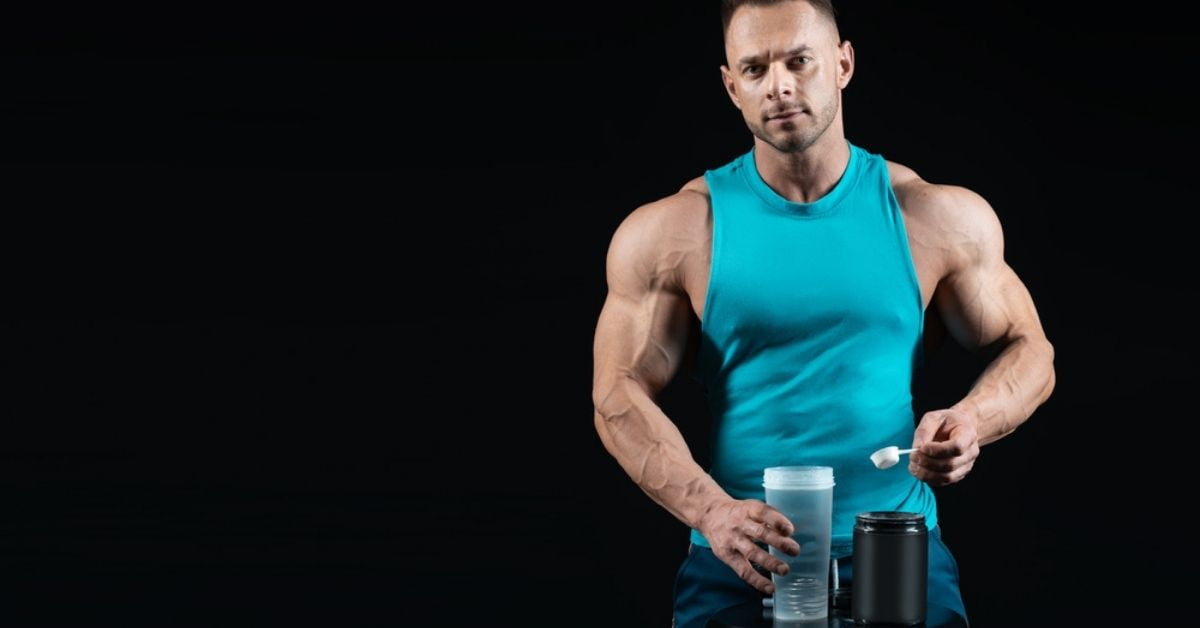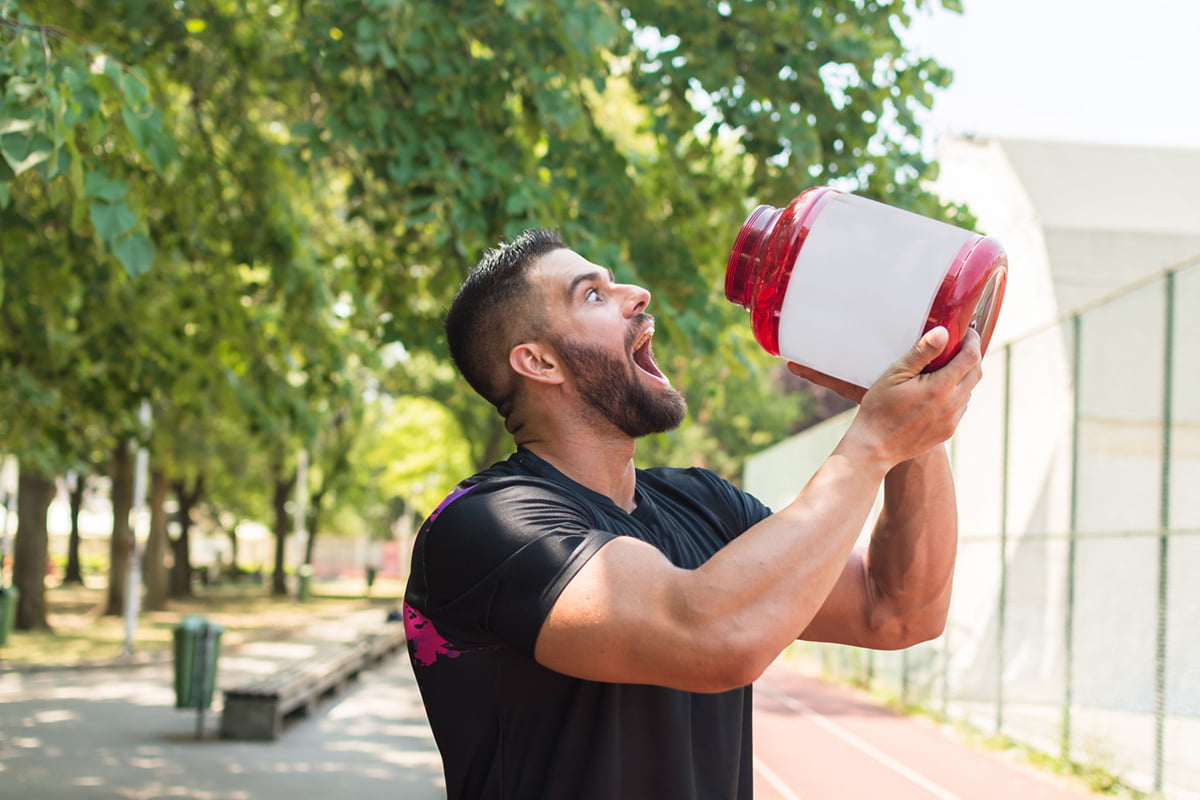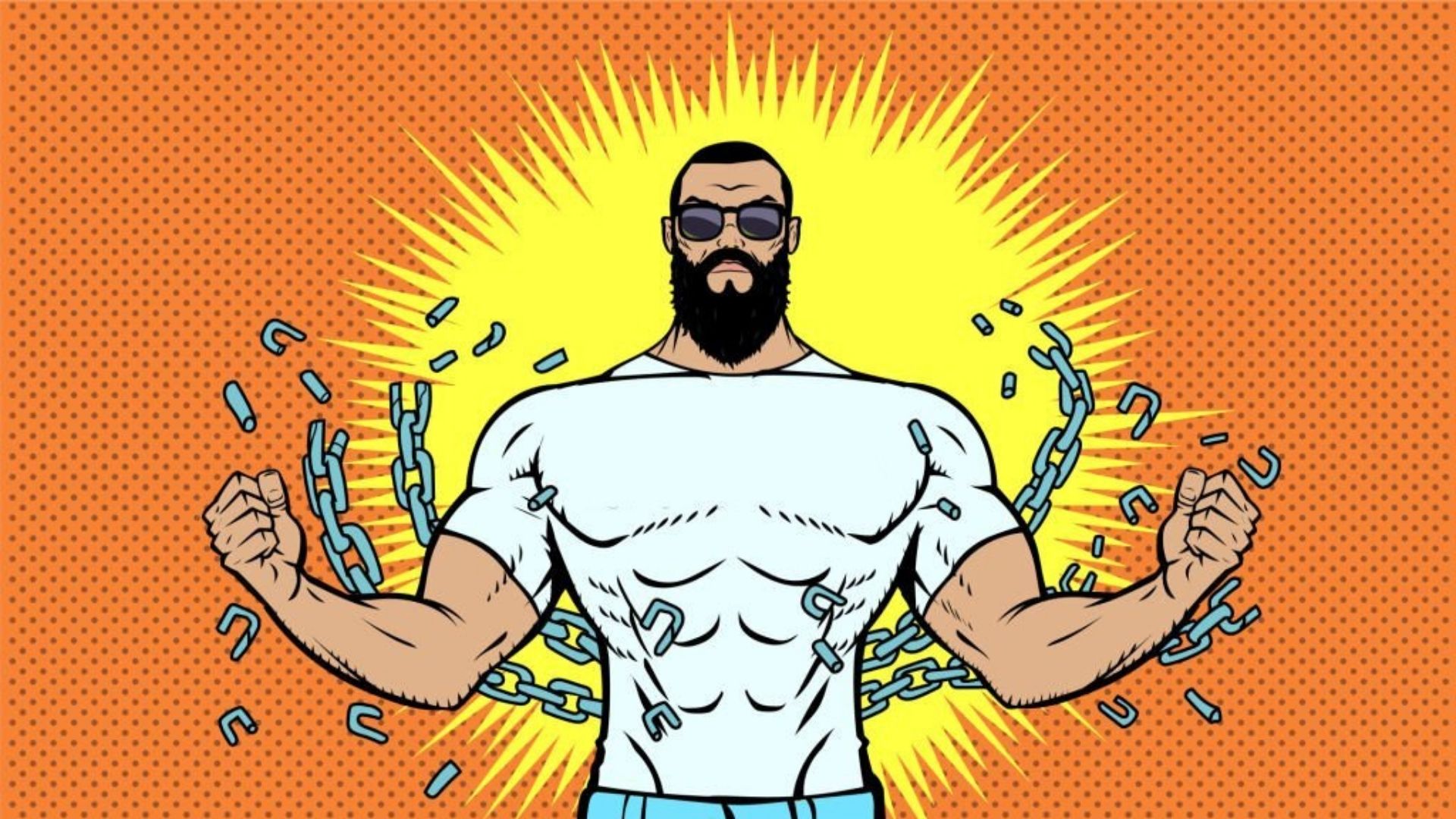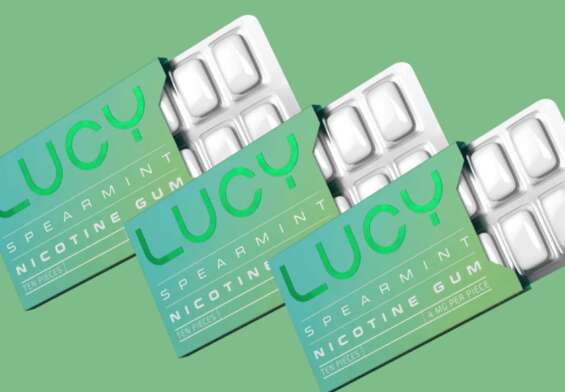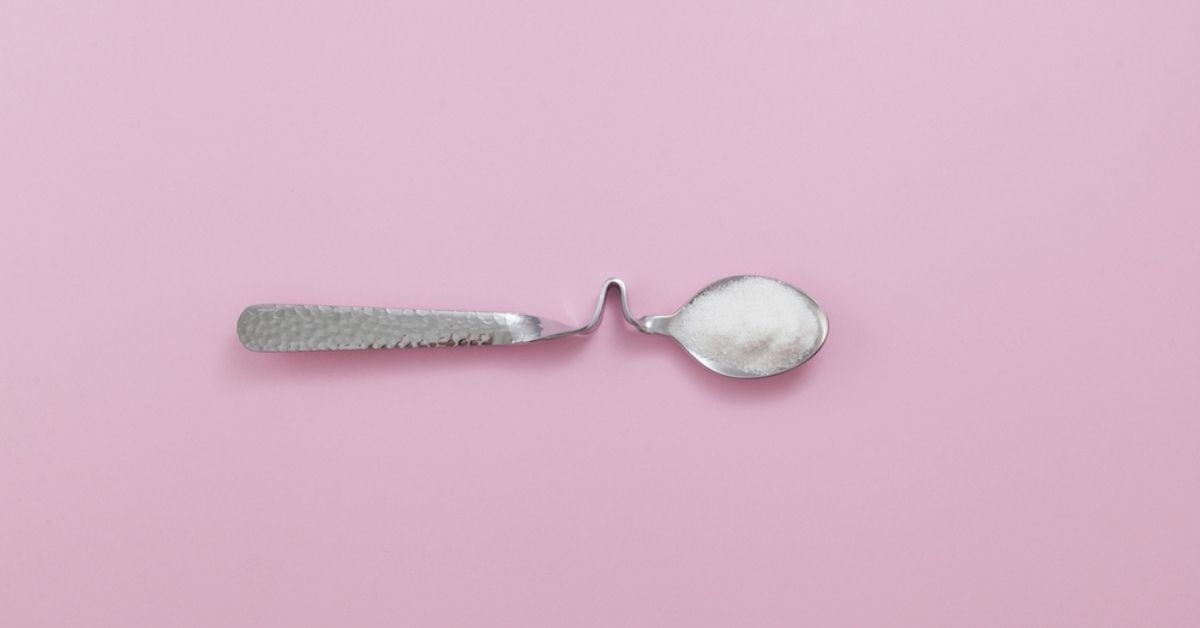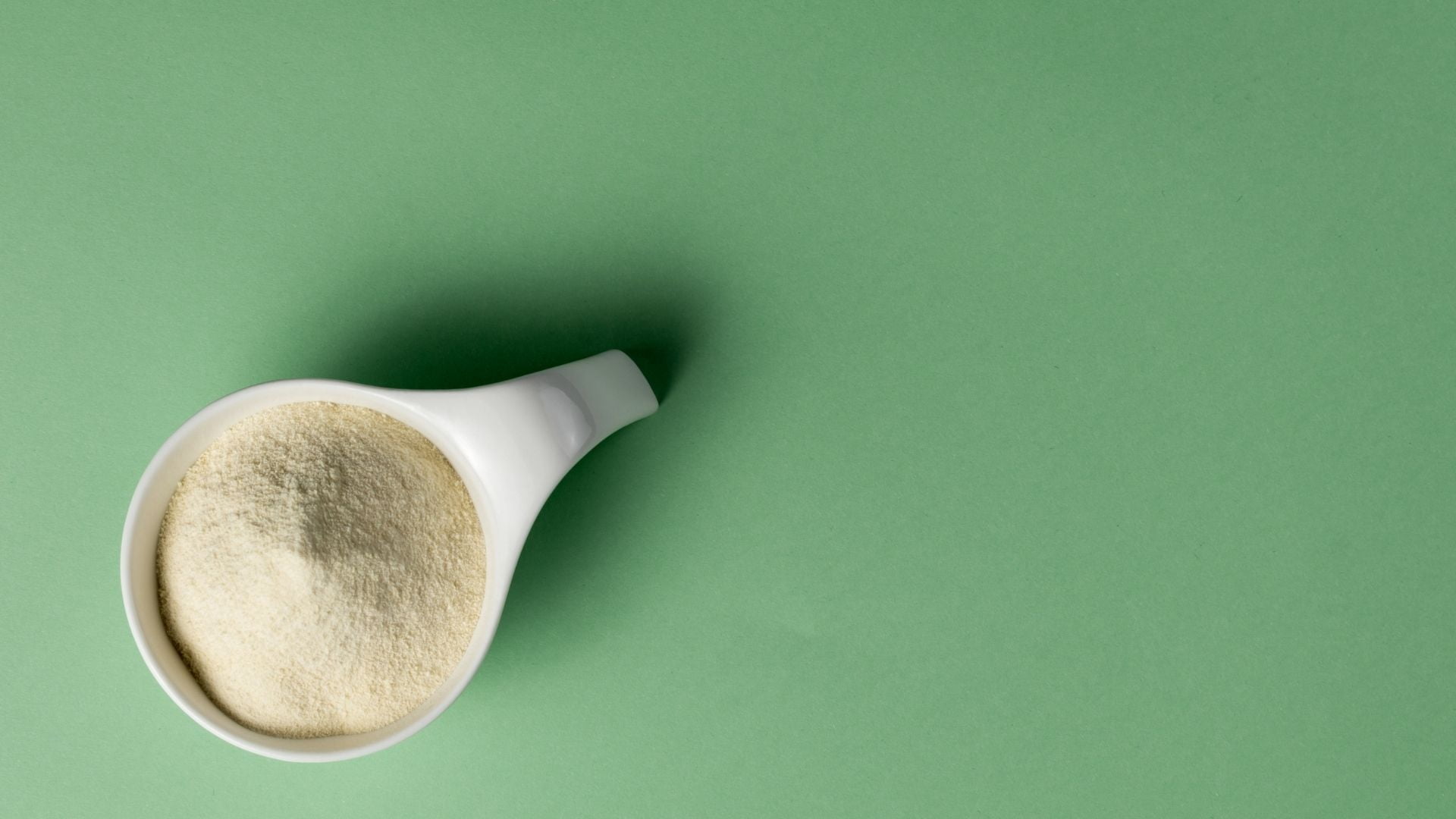
How to Enrich Your Diet with Vitamins and Minerals
Have you recently realized that now is the time to transition to healthier nutrition options with plenty of vitamins and minerals but have yet to decide how to get started? Our vitamin and mineral intake comes primarily from food, so designing a healthy diet that features them is imperative. Here are some suggestions for enriching your diet with essential minerals and vitamins!
IV Therapy
IV hydration therapy bypasses the digestive tract, delivering a nourishing blend of essential vitamins, minerals, and hydrating fluids directly to the bloodstream. Mobile medical services can administer restorative vitamin IV therapy at your home or any convenient location.
Specialized drip blends such as Immune Boost, Dehydration, and All-Inclusive treatments incorporate essential B-complex vitamins, zinc, and magnesium. IV drips are an efficient way to deliver vitamins and minerals into your body and rehydrate you at the same time.
Cruciferous Veggies
Healthy eaters regularly tout the beneficial merits of leafy greens, and for a good reason. Cruciferous veggies have a significant sulfur content, essential to manufacture glutathione, a vital peptide that helps defend against free radicals while detoxifying the body.
Cabbage, broccoli, kale, arugula, and cauliflower are all cruciferous veggies that are ideal side dishes or can be enjoyed fresh as part of the salad or added to your favorite stir-fry. Those looking for a healthy snack can indulge without guilt by using hummus as a dip for these tasty vegetables.
Eggs
Proteins are a critical energy source, so consuming them for breakfast or lunch is recommended. Eggs are ideal sources of protein loaded with vitamins and minerals like vitamins A, B12, and D, choline, biotin, and selenium.
The best part is there are various ways to enjoy eggs. From simply hard-boiling them in a couple of minutes to scrambled eggs for breakfast or making avocado toast with eggs, you have many options available. However, please note that people consuming a low-cholesterol diet should limit their yolk intake since yolks contain high cholesterol levels.
Nuts and Seeds
Everyone can appreciate a satisfying snack. Those looking to enjoy a tasty snack without the additional calories and saturated fats associated with chips, sweets, and other processed foods can find solace in a healthier alternative with seeds and nuts as a trusted, go-to snack without the guilt of junk snack foods.
Brazil nuts are a good source of selenium, which can help promote DNA production and provide thyroid support. Pumpkin seeds are an excellent option for magnesium, and chia seeds can promote digestion. You can incorporate nuts into your meals, add them to smoothies, or consume a handful as a snack.
Berries
According to research, blueberries contain a high quantity of anthocyanins and other phytochemicals, which can assist in decreasing the risk of type 2 diabetes and cardiovascular disease. The nutrient profile of blueberries helps boost immunity and fight inflammation since they contain copper, potassium, manganese, and iron.
Other berries could also benefit your diet since they contain vitamins and minerals. Strawberries are delicious and can elevate the flavor of any smoothie, as do raspberries or cherries.
Fish
Salmon, tuna, and mackerel are tremendous sources of Omega 3s, which support mental health and cognitive functions. You can get much of your daily selenium, phosphorus, and calcium requirements from only a single can of sardines.
Final Thoughts
A versatile diet containing plenty of vitamins and minerals is paramount to a healthy and active lifestyle. Mix and match cruciferous veggies with eggs, sardines, or lean meat to create nutritious snacks and meals that yield positive results for your body and energy levels. Besides adding nutrient-rich meals, avoid unhealthy food options like processed snacks. It could take a week or two to adjust to the new nutrition plan, but it will benefit your overall health.




